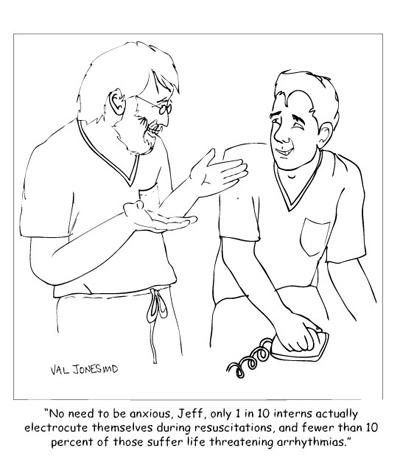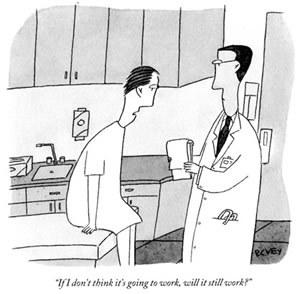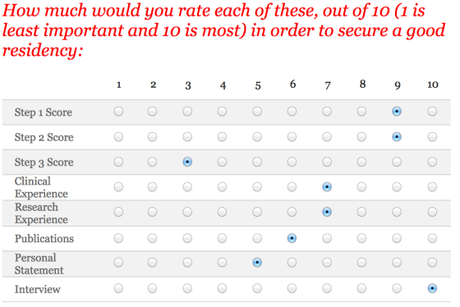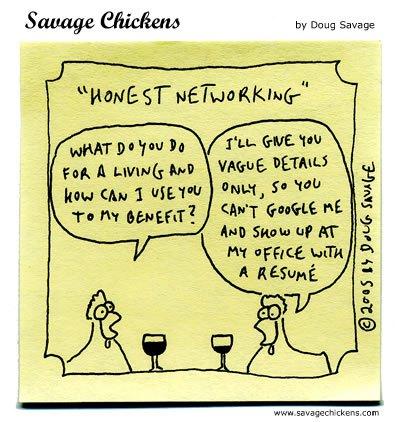I had embarked on a project to write about people and their experience of cracking the USMLE puzzle this year, and had asked matchers to fill in a short, and some would say idiosyncratic, survey, to know about the stories behind their success. Often, we get lost in the rationalisations of scores, LORs, CVs, profiles etc. and end up ignoring the person who matched. In this series, I have tried to bring out some of the stories of people who have matched. I have used the first person narrative style to write these as I personally believe that it is boring to read a QnA: too reminiscent of study books! I have previously talked about friends of mine who matched at Cleveland and Houston (and I love making the stupid puns in the title of the posts!) as a part of this series. Today, I speak of another person, who chooses to stay anonymous, but who has matched at a place that makes for a fabulous pun on the title. Anyways, if you are reading this, and you (or anyone you know) has matched this year, please feel free fill this short survey in! Cheerios!
Hello there!
I am an International Medical Graduate who has matched in the Internal Medicine program at the University of Arkansas for Medical Sciences, at Little Rock. Although this was not my top choice program, I am pretty excited about going here as it is a widely regarded program and from what I have heard, has a decent work and life environment as well. The top choice I had put in my list was an extremely competitive program and I never really expected to match there, but, from what I experienced and learnt during the interview season, UAMS is a great place to go to. Thus, I felt pretty elated when I learnt that I had matched here!

Intern Life (Credits Dr. Val)
One of the things that has been instrumental in my success story is the fact that I believe I had decent scores. I had 258 in Step 1, which slightly improved to 261 in step 2 CK, and I managed 241 on my step 3 examination. My Step 2 Clinical Skills exam was also a decent show and I managed to pass comfortably on all the three components. However, scores, though extremely important, are not the only things that help unlock the portals of a successful match. Another very important issue is US clinical experience. I had clerkship experience at the UCLA and had spent two months in different branches of Internal Medicine. I know the fight to get a meaningful USCE is getting tougher each year but I think it is extremely important to have the clinical experience in a discipline one actually intends to apply in eventually. This shows the program directors that you are serious about your career and have thought things through, planned it adequately with time ahead, and have a focussed interest on the discipline of your choice. This helps to bolster the claims made on paper as there is nothing like real-life proof to back up your assertions.
I also had quite a bit of research experience in my home country. I did several research projects during my time in medical school. I was also involved with a clinical trial and had two publications to my name. While I am not sure how much these things actually aid in the actual scheme of things, they were a talking point for me during the interviews and provided some way for me to show that I had the ability to practically apply the knowledge I gained in course of my medical school curriculum. One of the things that stands out for me, in hindsight, was that in the interviews that had gone well, I had been able to talk about this trial in some details. Since I had helped to design the study, and obtain the ethical clearance from the Institutional Review Board (IRB) myself, it was something of an achievement for me. This trial had been the focus of some discussions in course of the interviews which went well.

Hawthorne Effect (Credits: The New Yorker)
One of the most spine-chilling experience during this whole interview season was, guess what, during my very first interview itself. The Program Director told me point-blank that he thought I lacked in sufficient clinical reasoning skills and just getting a good score meant nothing. Now you can only imagine how shaken that left me, but, thankfully, the subsequent interviews were a breeze and went off much better, and without such reprimands!
I think one of the key elements of a good interview is having something different, something unique to talk about. While designing, pushing paperwork and conducting a clinical trial during my med school days was an exciting experience, I never thought that it would become the focal point of interest during the best of my interviews. I guess the fact that I had done something unusual had caught people’s eye and helped create a congenial environment to discuss it in. I guess having such a “quirk” in your personal statement or application could add some spice to the interview experience.
A lot of my friends and seniors had advised me to write down answers to questions and prepare them, verbatim, like we did in school (or med school!) where rote learning was a focal point of our education. I guess it does not work too well with me. I think some spontaneity is needed and rote learnt responses could destroy that. One important outcome of an interview is for the interviewers to see the kind of person the interviewee is. And I think if I came across as someone with rote-learnt responses, no matter how great they were, it would just not be “me”. So, in essence, what I am saying, is that, to protect that sense of self you could write down some points to the generally asked or commonly asked questions, but, as far as I am concerned, being true to yourself and being spontaneous are also important during the interview. Also, it is inevitable that one shall be asked questions that they are not prepared for. In such a scenario, it is not too bad an idea to take a moment to sort out the response and think it through before answering.
The whole USMLE journey had cost me something to the tune of 12,000 US$ and it shall go up a bit, I believe, with the super expensive pre-joining days coming up! Also, coming to the “marking the paper” bit of the survey:

What matters in the match?
And finally, since you asked, if I were to do this whole thing over again (you would have to put a gun to my head for that, I assure you!), there are some things I would have done differently. I would get my ECFMG Certificate on time and apply on September 15th itself. This makes a lot of difference to how many program directors actually see your application since most people tend to make their minds up by the end of the first week or so. I had only one LoR from a US-based practitioner. Next time around, I would try to get three of them. I think it counts to have the nod of approval from someone within the system. And last, and most importantly of all, I would have networked better with people. I am not sure what exactly I would do differently, or how I can provide “quick fix” advise to you for making this happen, but, I think it helps to have a good peer network around you to see you through these really difficult and challenging days!

Here’s hoping you guys have been helped from my experience of the match. All the best, wish you all great success in your endeavours.
